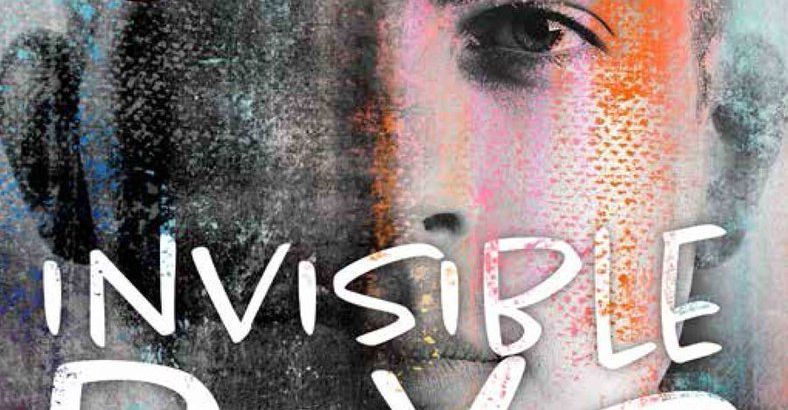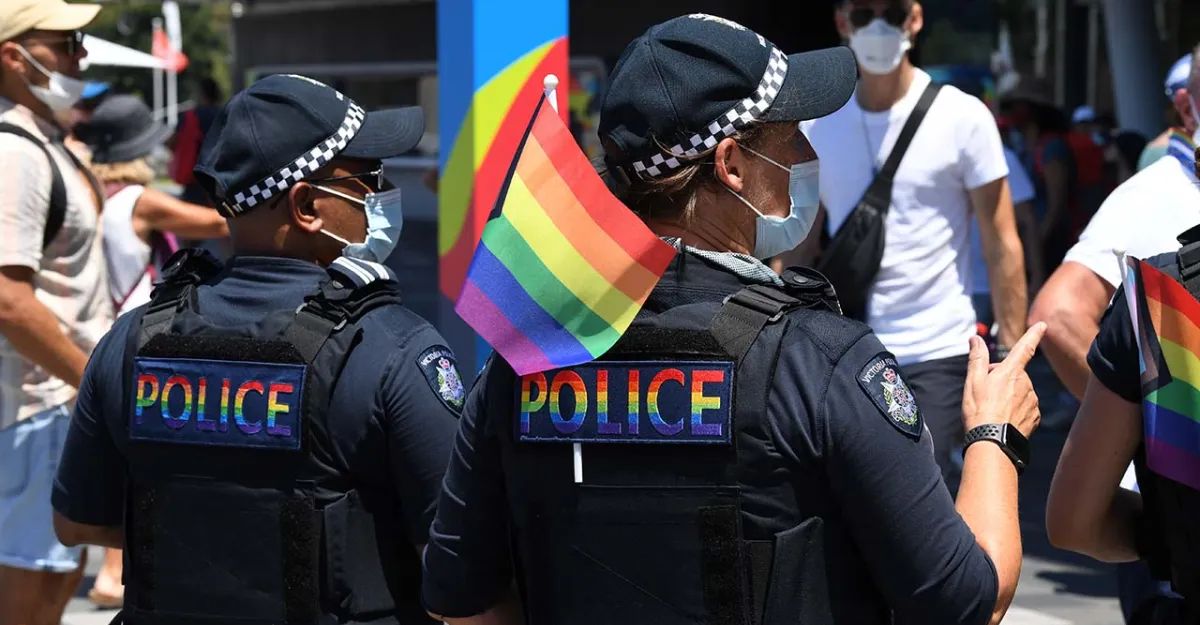Anti-trans vilification made the prime-time slot on 7NEWS’ Spotlight segment last Sunday. Entitled De-Transitioning, the fifty-four-minute ‘documentary’ claimed to shed light on the ‘irreparable damage being visited on a generation of confused kids wrongly diagnosed as transgender.’ Its makers didn’t interview a single trans person, misappropriated videos of trans content creators speaking about their gender affirmation online and spread several conspiracy theories—most concerningly, the one that young people are being manipulated into being trans by trans adults, as if we were witches in gingerbread houses laced with HRT.
The segment is the latest a growing collection of television pieces and newspaper articles that vilify trans people as calculated manipulators. It has been widely condemned across queer communities, amassing thousands of responses and petition signatures. Of particular importance are the voices of those whose images and videos were taken without their consent, and framed to look like they regretted their gender affirmation because the producers could not find enough people who did.
The upswell in this insidious form of trans-indoctrination propaganda, described by the Trans Justice Project as the ‘so called ‘social contagion theory’, seeks to rob trans and gender-diverse people of the ability to tell their own stories. Undeniably, these stories have power and agency—agency that transphobic groups are desperate to take away. Characterising videos of trans people telling the story of their transness and the gender-affirming care they received as indoctrination and coercion is a lethal claim. The goal of this tactic is to limit information transfer and knowledge-sharing on gender-affirming care, as well as to suffocate the stories of trans joy that follow.
*
With a lack of comprehensive resources on gender affirmation, trans and gender-diverse people often turn to one another to navigate the world of hormones and gender presentation and surgery. Stories of gender affirmation happen over a beer between friends, and also thrive online.
Almost everything I learned in preparation for my top surgery this August came from others who went before me. They taught me how to prepare, which surgeons were safe to approach, and tricks for scar healing. One might say it was a community of practice. I am forever grateful to these people for their candour and willingness to share, allowing me to become a witness in my own creation. Peer-to-peer support is not perfect—it is subjective and ideology-prone—but it exists in response to a missing store of information that has not yet been developed. Those gaps are filled by the community. These stories are a lifeline, and make the possibility of high-quality gender affirmation feel real to those who are struggling to find information they need.
Transphobes are incensed by our testimony. This is why they claim that our stories are ‘influencing’ young people into becoming transgender, having underage surgeries and taking hormones they would later regret. To that, I tell them to ask a trans person how easy it was to get the care they needed. To look at the copious research that suggests almost no one regrets top surgery.
Transphobes don’t want us to share our stories. They don’t want us to tell people that we love our trans bodies and what we did to get to where we are. To them, we are bad-faith actors who convince our audiences to copy our actions, to their own detriment. But the trans community is stronger than this. In their memoir, A Real Piece of Work, Erin Riley writes that ‘we queers are hard as nails, the world having long served us the conditions in which we have always had to toughen up.’ Resistance builds resilience under these conditions. Our motive to share our stories is grounded in community, not deception. Lived experience storytelling has a power that anti-trans hatred cannot deny and therefore seeks to destroy.
One of the people featured in the Spotlight segment was Olivia Gavranich, performing as St. South, a musician from Fremantle. I found their videos online when I was searching for information about non-binary forms of top surgery. They depict the kind of gender euphoria that I was searching for and provide a roadmap for how to proceed—the path lined with silicone scar tape. Olivia was one of the first people I saw who looked the way I wanted to, and I plan to share my experience the way they did. I feel proud to be passing the baton forward. Speaking on the documentary, wherein the same videos I watched to find inspiration and solidarity were misrepresented as videos of regret, they said that the depiction, ‘is not only deeply unethical but immensely harmful.’ The very people accusing trans and gender-diverse people of manipulating children have twisted the videos chronicling their experience of affirmation, twisting the knife into their joy and expecting to get away with it.
The producers of the Spotlight would want me to question sharing my story, out of fear I would be accused of sharing rhetoric that indoctrinates young people. Their tactics do not scare me. When I think about not sharing my story, I think of my silent shame about wishing I would fail a breast cancer screening so I could get a mastectomy without questions. I think of how the sun feels on my skin now. I think of how my healing scars rise and fall on a chest that I no longer heave around. Myself and other trans and gender diverse people who have sought gender affirmation deserve to share who they are and what they have learnt. People seeking gender affirmation should be allowed to listen.
The story of my transness is not a manifesto, it is a love letter. I am going to keep writing it.
Image: Rally to protest gender reform bill block in Glasgow, January 2023 (Thiago Rocha)



